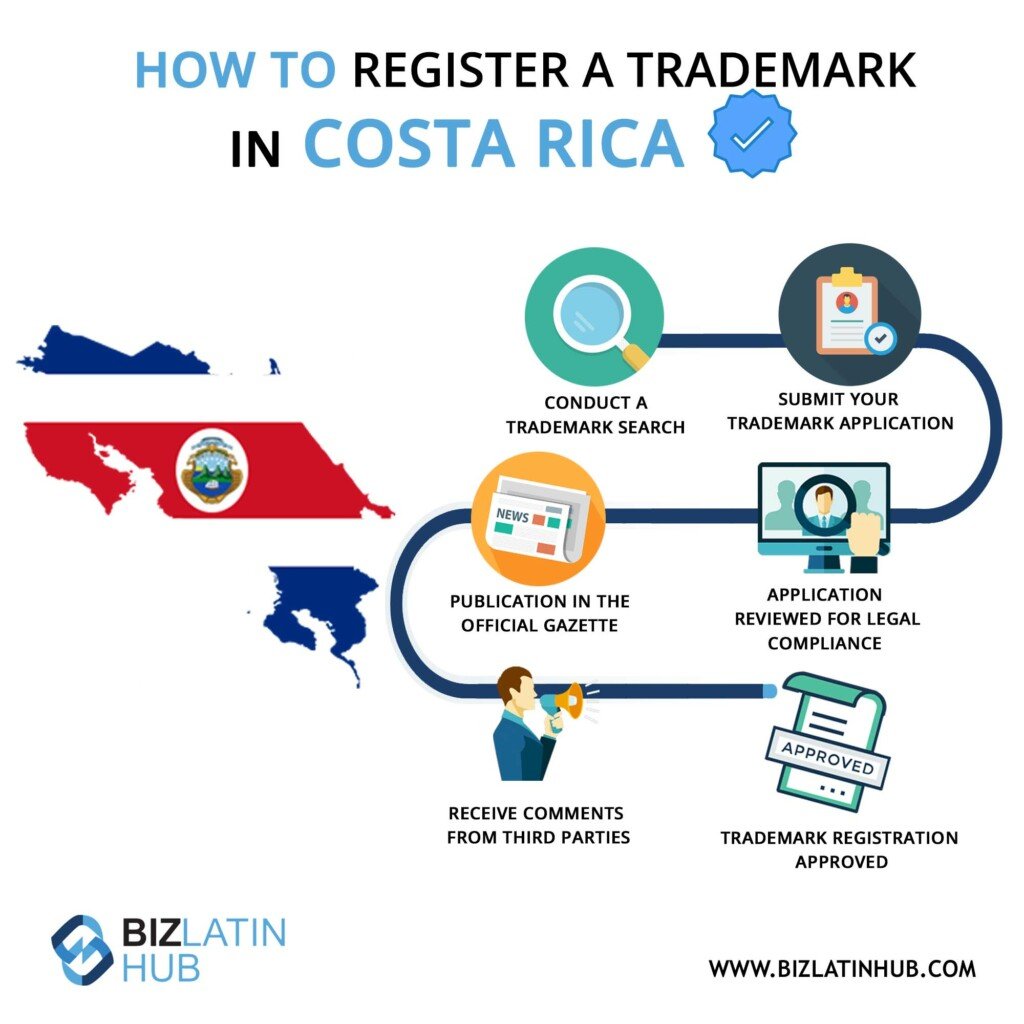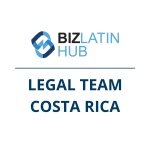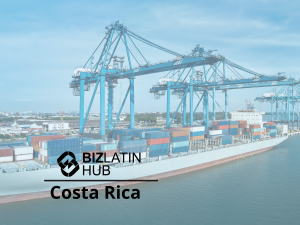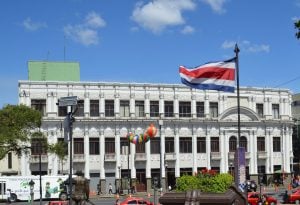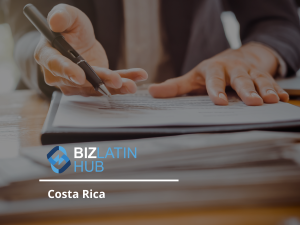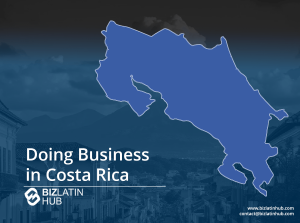Non-governmental organizations or NGOs in Costa Rica must take into consideration anti-money laundering policies, and how they should apply them to their organizations to comply with local legal requirements.
Find out the related legislation and relevant groups supporting anti-money laundering for NGOs in Costa Rica and Latin America, and how you can protect your organization.
Policies to fight money laundering in Costa Rica

Since 1988, Costa Rica has been working on security against drug trafficking and other activities arising from illegal acts. In that same year, the “Law on Narcotic Drugs, Psychotropic Substances, Drugs for Unauthorized Use and Related Activities ” (Law 7093) was created to fight criminal acts that affect the social coexistence, development, and quality of life of its citizens.
This Law is constantly modified and strengthened. Today it includes specific coverage regarding “money laundering and financing terrorism”. Following these modifications in the law, its articles, regulations, and other dictated guidelines, the law now supervises the movement of capital in the economy. It seeks to ensure that illegal movements are exposed, such as the flow of capital from doubtful origins and destinations.
Do NGOs need anti-laundering policies?
NGOs in Costa Rica should have a policy against money laundering. Their policies are dependant on their line of business and the means by which they manage their income. Even if the legal entity is classified as a Non-Profit Organization (NPO), it must be properly registered and must comply with local legislation. It is especially important that they comply with the international compliance initiatives regulating the fight against money laundering and terrorism financing.
Where do anti-money laundering policies come from?

Money laundering in Latin America usually has a direct link with large capitals involved in illegal activities. Locally, financial sector institutions must contribute to their economy and strictly abide by the laws and mechanisms necessary to prevent ill-gotten money from entering their systems.
There are two main negative consequences of activities related to money laundering and terrorism financing that result in the creation of policies against such activities. Locally, these consequences include increases in violence, public health problems, insecurity, reduction of foreign investment, mistrust in the financial sector, and mistrust of investors. Internationally, consequences include international trade barriers, negative country reputation, and high-risk ratings.
Common concerns from various countries and international organizations give rise to initiatives that seek to create a framework of action or policies against combat money laundering. Since 1989, the International Financial Action Group (FATF) has identified vulnerabilities at the national level to protect the international financial system from misuse. FATF issues recommendations for countries to improve their controls.
Who is part of the FATF and what is its importance in anti-money laundering policies?
The FATF and the GAFILAT (Latin American Financial Action Group) issue recommendations with complete schemes of measures to prevent money laundering, terrorism financing, and proliferation of weapons of mass destruction.
The following countries make up GAFILAT: Argentina, Bolivia, Brazil, Chile, Colombia, Cuba, Ecuador, Guatemala, Honduras, Mexico, Nicaragua, Panama, Paraguay, Peru, Uruguay and Costa Rica. The group’s observing countries are: Germany, Canada, Spain, United States of America, France, Portugal. The group’s observing associations are:
- Inter-American Development Bank (IDB)
- World Bank (WB)
- International Monetary Fund (IMF)
- Inter-American Commission Against Drug Abuse and the Inter-American Committee against Terrorism (CICAD and CICTE)
- United Nations (UN) through the Offices against Drugs and Crime, as well as the Secretariat of the Counter-Terrorism Committee of the Security Council
- International Criminal Police Organization (Interpol).
What changed in Costa Rica that sparked anti-money laundering policies?

Costa Rica received recommendations from international organizations to avoid its inclusion in the list of gray countries known for money laundering. Costa Rica’s latest reform involves the Law on narcotic drugs, psychotropic substances, drugs for unauthorized use, capital legitimization, and financing terrorism.
According to the regulations of this law, Non-Profit Organizations (NPOs) must be registered before the General Superintendence of Financial Entities (SUGEF), if they send or receive money from jurisdictions that are internationally classified as risky. Likewise, they have to do this if there is a connection with foreign parents, branches, or subsidiaries located in those risky jurisdictions.
Given this circumstance, NPOs must keep their registration information up to date with the General Superintendency of Financial Entities. This is in addition to abiding by all provisions from the Financial Intelligence Unit of the Costa Rican Institute on Drugs (ICD) for the prevention and the fight against the legitimation of capital.
Assistance complying to NGO regulations
Our team at Biz Latin Hub works across Latin America to ensure your NGO is complying with anti-money laundering policies. Protect your NGO from unnecessary risk and/or sanctions by engaging with legal experts to install robust policies against money laundering.
Contact us if you are interested in learning more about this topic and would like advice according to your needs. We are happy to assist you with personalized services focused on solving your possible conflicts and maximizing benefits.
Learn more about our team and expert authors.
